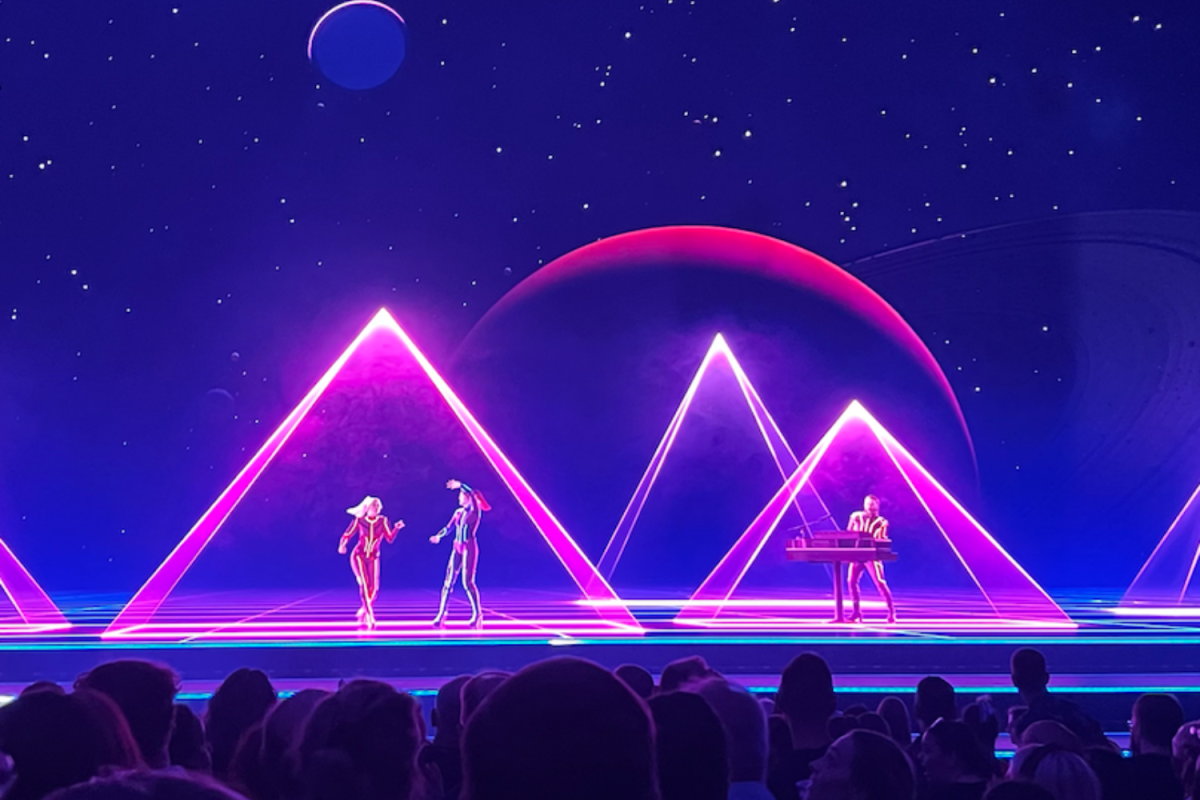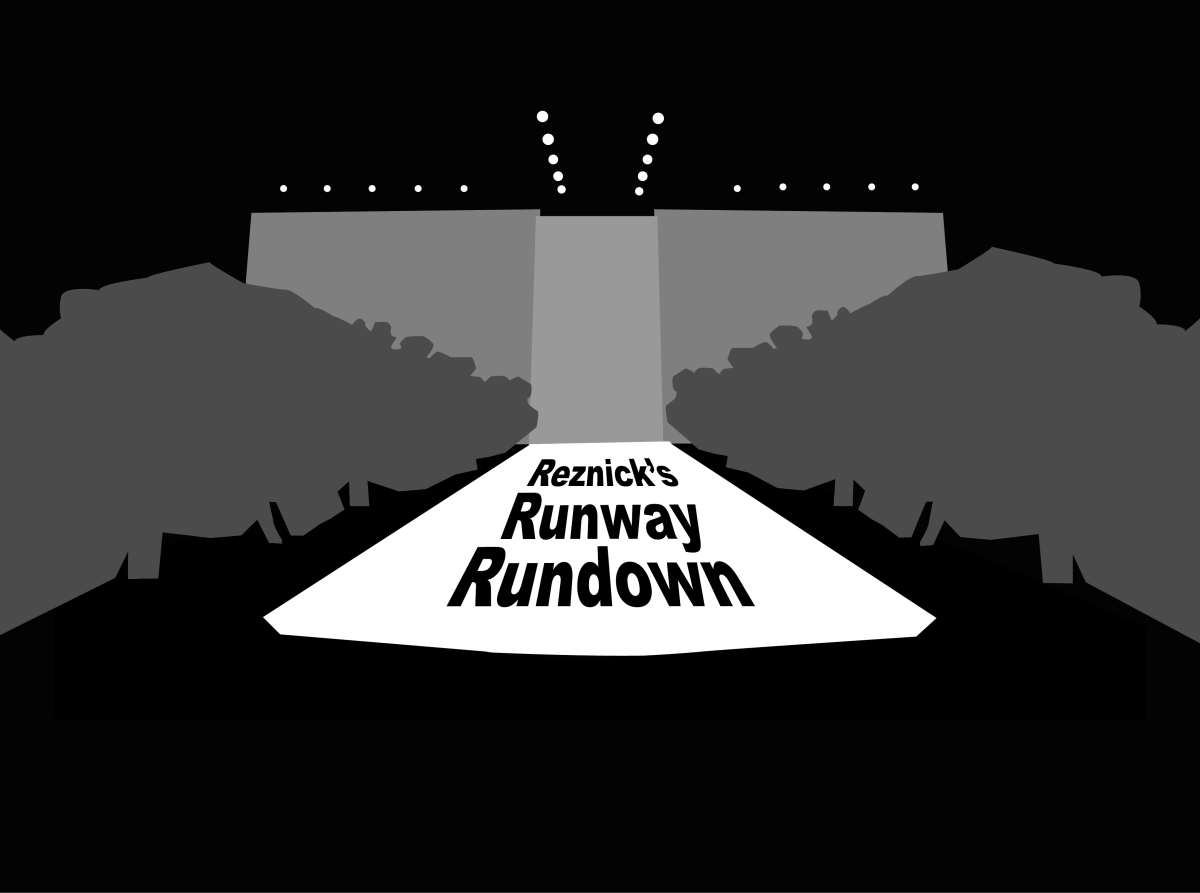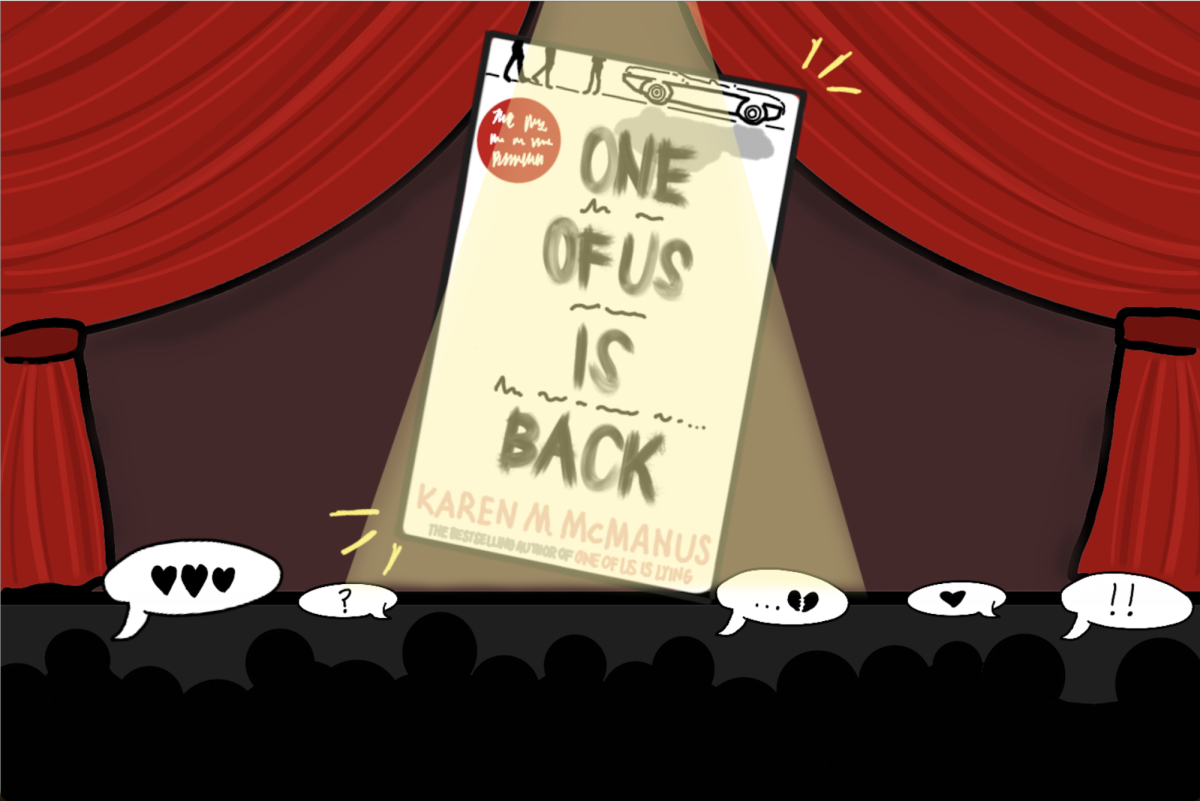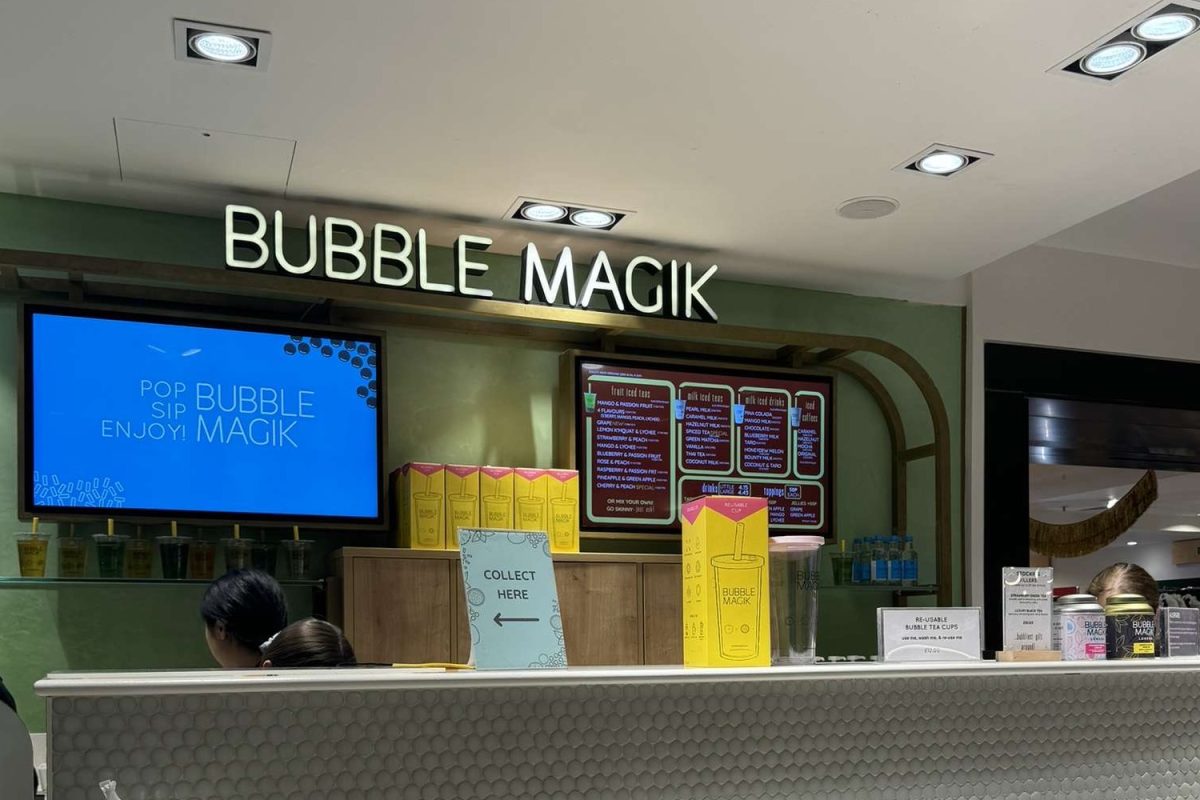The world and its people have become more heterogeneous by the year, as previous divides have been bridged, and previous conflicts have withered. As many students at ASL have witnessed, these amended divides have touched various features of their lives, ranging from nationality to religion to global outlook.
The end of Britain’s colonization of Southeastern Asia was a hailed success, up until the division line for Pakistan and India was drawn. It resulted in years of national conflict between the two nations who couldn’t see eye-to-eye in matters of religion nor foreign affairs.
Rehan Zafar (’16) has experienced the world with a Western perspective, having lived at first in a New York suburb populated mostly by Jewish families and then London. His parents, though, didn’t benefit from this greater sense of coexistence in their youth. “With my father having grown up in Pakistan and my mother in India, they were always told as young children that the other [country] was a bad place or the enemy,” Zafar said.
The two later met at university in America, quickly falling in love. After travelling back and forth between India and Pakistan, Zafar’s parents understood that whatever cultural hatred the countries shared, it wasn’t worth it. “My parents realized that all of the stereotypes that they’ve learned and had been subject to, none of them were really real,” he said.
The families of Zafar’s parents were a bit slower to see that, due to the historical and current hostilities the two countries shared, with Zafar’s paternal grandfather having served in the Pakistani army and fought three different wars against India.
In fact, when they married, Zafar’s parents had three different ceremonies. “One in New York, one in India, and one in Pakistan, pleasing everybody,” he said. But beyond the rocky start, the relationship between the families, and eventually the home Zafar was brought up in, embraced acceptance as everyone got to know one another. “There’s no real divide anymore,” Zafar said.
In his opinion, Zafar’s home was fair and equal, with neither father nor mother pushing him towards either Hinduism, characteristic of India, or Islam, characteristic of Pakistan. His extended family, though, haven’t been so objective. “There is pressure from my further extended family to kind of think one way or another, but normally I try to keep myself quite in the middle,” he said.
“I’m not very influenced by what they tell me all the time because I know that it’s not necessarily true and it’s more opinion-based and not fact-based,” Zafar said.
He follows this notion because he believes that at the root of hate and conflict between Pakistan and India is ignorance and some culture-engrained propaganda. The inhabitants of India and Pakistan practice similar cultures and often similar religions as well as speaking similar tongues. “It’s just they’ve been told that they’re different and they’ve begun to believe that,” he said.
When defining himself objectively, Zafar maintains respect for both sides of his family. “I wouldn’t categorize myself as either [Muslim or Hindu], I kind of just say that I have a respect for all religions but I don’t closely associate myself with any religion. I celebrate both festivals, Diwali and Eid,” he said.
This is something that seems to be common for families with different cultures. Nik Huth (’15), who is half-German and half-Iranian, has grown up celebrating German Christian traditions, like St. Nicholas’s Day, as well as Persian holidays, such as the Persian New Year.
Huth stresses, however, that their celebrations were for familial community and not particularly faith “My parents didn’t really try to push their culture onto us. Wwe celebrated with our family and then we immersed in the culture,” he said. “There never really was any pressure to be more German or be more Iranian.”
What Zafar believes, though, is that the festivals you celebrate don’t make up the content of your identity, removing the religious factor from a child’s development: “When your family is composed of numerous different identities, it’s quite difficult to place your finger on exactly where you define yourself,” he said.
One of the decisions arising from this new trend of cross-demographic marriage seems to be outlined by Huth and Zafar. Both of them in practicing both religions and pleasing both cultures they originate from have gravitated to a stance of neutrality and objectivity, removing the devotional component of religion of one’s upbringing and replacing it with a greater perspective on multiple cultures. For both it has become a hard question to find the religion with which they identify and faithfully practice.
This religious dynamic panders to another region of the world, one often in the media spotlight that has been explored differently by individuals like Tamara Masri (’15), brought up away from the conflict.
The Middle East is a region mostly thought of as a Muslim world, however, a minority of around 12 million Christians live amongst Muslims. Masri has been exposed to both religious cultures, having a Catholic-Lebanese mother and a Muslim-American-Palestinian father.
Though Masri has been exposed to both religions, she has never experienced either spiritually. “I’ve only seen a pinch of salt from each side of the religion making it that I can’t really pick the religion I want because I don’t know enough about them,” she said.
Culturally the Middle East is composed of various different nations, languages and traditions – one that is centered around community, family and festivities. For that reason, Masri contributes to Zakat (charity), one of the five pillars of Islam, by going to mosque and donating money “It wasn’t really about the spiritual religious aspect of going to the mosque but more for the civil aspect and to participate in the community,” she explained.
Growing up, her household wasn’t centered on religion. Her parents were practicing their separate religions but did not make it a crucial part of their childrens’ lives. “Whoever practices religion, it’s not really an open thing – not because we’re afraid to talk about it but everyone just does their own thing,” Masri said.
Neither her mother nor her father imposed their religion on their children. Instead, they made sure that their children were knowledgeable about both religions. “’I’ve never grown up with it [religion], I’ve never grown up praying to God but I know the history, I know where Islam comes from, I know all the pillars, and the same with Christianity,” Masri explained, referring to Islam and Christianity as part of her identity as opposed to faiths she practices.
Masri’s Middle Eastern roots have a distinct culture of celebration and community which has allowed her to experience religion from a different perspective. Masri and her family celebrate Eid, Christmas and Easter by celebrating with other families who share the same religious leniance. Masri sees it as a cultural event as opposed to one directly tied to religion. “It’s not so much the religion as much as it is the festival and the culture bringing us together,” she explained.
Between 1975 and until the early 1990s, Lebanon, home to Masri’s mother, was gripped by a civil war between both Shia and Sunni Muslims and the Christian Maronites, leading to decades of tensions between people of both religions.
Masri’s parents, who were both affected by the conflict during the time they met, were on opposite sides, however did not let that stop them from falling in love. “During the Civil War in Lebanon, my mother was on the Christian side and my father of course was on the Muslim side and so I have always been interested in how they could have married each other considering these differences,” Masri said.
Masri believes that her geographical location played a big role in defining her outlook on religion. Her cousins living in Southern California attend Catholic school and often go to church whereas her cousins in the Middle East consider themselves as being more Muslim than her as the religious divide in the Middle East is more defined – one is either a practicing Muslim or a practicing Christian.
The segregation between religions in the region is one that is defined at a young age when students have to identify themselves as either Christians or Muslims in order to attend classes about their religion at school.
Living in London, Masri believes that she has had no pressure to lean one way or the other. “I’ve never been put in a situation where I have to pick what religion I am and it has never defined me, whereas in the Middle East if I had grown up there, I think I definitely would have gone with my father’s religion,” she said.
She is confident that if she had been living in California that she would be a practicing Christian, whereas if she had been living in the Middle East, she would be a practicing Muslim.
English Teacher Peggy Elhadj, too, has seen the cultural differences between various groups and religions with a Middle Eastern perspective. Elhadj considers herself to be a hybrid Bostonian-Londonian, but later married a Syrian man.
Since meeting her husband, Elhadj’s outlook on the Middle East has changed. “I became aware that the Middle East is not a homogeneous region of the world; indeed, it is a tapestry of vivid colors, cultures, and cuisine,” she said.
Though the region is mostly filled with terror, hatred and ignorance, Elhadj is hopeful for the future of the Middle East when she sees the more active young generation, in the Middle East Club. “They are going to make a difference in the region,” she said.
Seeing conflict and tension from this new contemporary perspective, one where the individual is an outsider but still an insider, understanding both sides of the conflict from a moderate perspective, is what Elhadj and indeed many peacemakers and organizations believe as key in developing peace.
Perhaps the new cross-demographic marriages and children of the new generation will be those who make such a difference.







